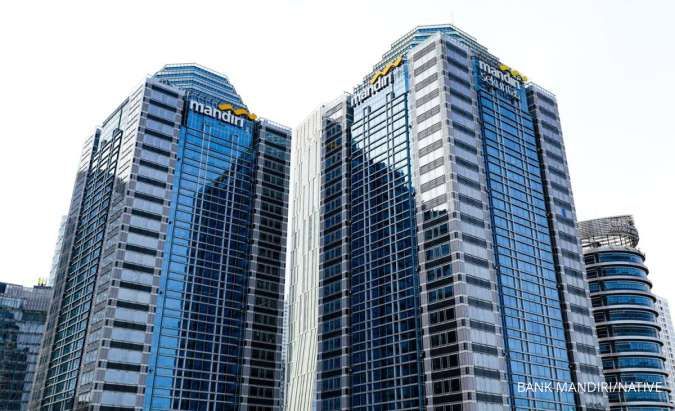Industrial conglomerate Rajawali Corpora is in selling mode. After releasing its shares in local oil palm plantation firm Eagle High Plantation (EHP) to a Malaysian company, Rajawali plans to divest its shares in a local taxi operator and a construction firm soon. The moves are considered crucial during the current economic slowdown as it will help strengthen the company’s cash position, according to a senior executive.
Rajawali Corpora managing director Darjoto Setyawan said the divestments were normal, particularly for a company whose business was investment in nature. In coming weeks, Rajawali, which is owned by local tycoon Peter Sondakh, is looking to fully divest its stakes in taxi company Express Transindo Utama and construction firm Nusantara Infrastructure. And, of course, to release half of its ownership in Eagle High Plantation, he added. “Our prime business is property, mining and plantations, because we believe we have a strong portfolio in the sectors and we will keep growing them. Selling and purchasing companies are also part of our business,” he told The Jakarta Post in a recent interview. “Cash is king in the current economic condition. When the economy improves, we will be better off with cash already in hand.” Rajawali signed a deal with Malaysia’s Felda Global Ventures Holdings Bhd (FGV) on the release of 37 percent of its total 68.5 percent stake in Eagle High Plantation. The transaction will see Rajawali pocket up to US$632 million and 2.6 percent of FGV. According to Darjoto, the company is looking to develop the plantation downstream business by adopting FGV’s cutting-edge technology, plus Rajawali plans to re-boost its stakes in the plantation company by acquiring public shares in the future, whenever possible. As for Express and Nusantara Infrastructure sales, Darjoto said Rajawali was in pure divestment mode, just as it was when it sold its shares in tobacco firm Bentoel International Investama, telecommunication company XL Axiata and state-run cement-maker Semen Gresik, now Semen Indonesia. “It’s just business as usual for us to acquire firms outside our core business, develop the businesses and offer their shares through an initial public offering (IPO) until they are profitable enough for us to release them to other parties that have more expertise in running the business.” Darjoto said the company planned to sell its 51 percent stake in Express. With rising fuel prices, it would be wiser to hand the taxi operator to investment holding firm Saratoga Investama Sedaya, which has expertise in the transportation rental business, he said. A due diligence for the transaction is under way and is expected to be completed later this month, he said. Express started commercial operations in 1989 and went public in 2012, with prices set at Rp 560 a piece. The shares ended trading at Rp 980 each in Friday’s trading.
Meanwhile, the government’s massive infrastructure projects, he said, paved the way to finding experienced investors to buy the 21 percent ownership Rajawali had in Nusantara Infrastructure and the group hoped a transaction for the shares could be made within the next two months. Rajawali acquired 3.2 billion shares in Nusantara from Singapore-based Infrastructure Growth Fund for Rp 448 billion or Rp 140 per share in 2010. Nusantara shares closed at Rp 178 each at Friday’s closing. “We are going to focus on our core businesses for our future investments,” Darjoto said, adding that the company had no other divestment or investment plan this year, with a number of transactions to be completed. Rajawali’s portfolio spans from strategic ownership in hotel and resorts Sheraton and Novotel, diversified mining businesses to a new television station, Rajawali TV. (Anggi M. Lubis)

